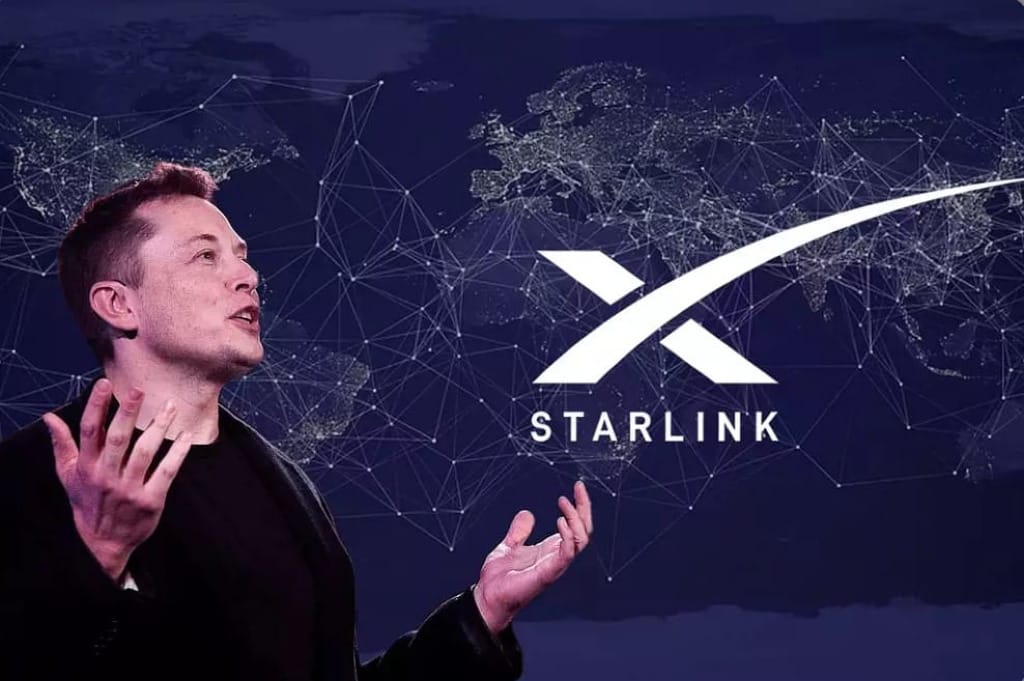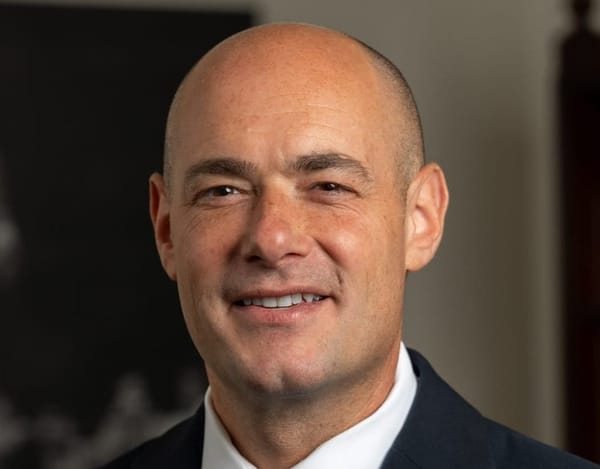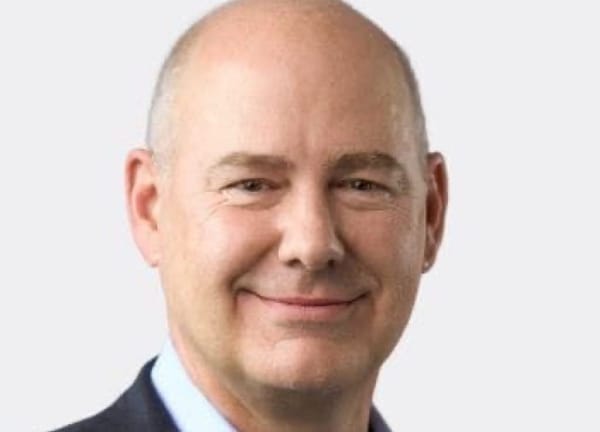SpaceX, T-Mobile Forge Ahead with Satellite Coverage Plans
SpaceX conducted a study to counter industry claims of harmful interference.
Jericho Casper

WASHINGTON, September 3, 2024 – T-Mobile and SpaceX announced last week that they are poised to launch an innovative project, pending FCC approval, that leverages SpaceX’s Starlink satellites and T-Mobile’s mid-band spectrum to deliver near-complete mobile coverage across even the U.S.’s most isolated regions.
 Broadband BreakfastBroadband Breakfast
Broadband BreakfastBroadband Breakfast
However, this ambitious initiative has met significant resistance from major industry players Verizon, AT&T, EchoStar, and the Rural Wireless Association. They have argued that SpaceX’s request for a waiver from FCC regulations could cause harmful interference with their terrestrial mobile networks.
These competitors urged the FCC to deny SpaceX’s waiver request in August, advocating for stricter technical safeguards and clearer guidelines. They argued that approval of the waiver would allow SpaceX to operate its satellites at unacceptably high power levels, potentially causing spectrum interference and degrading the quality of existing network services.
In response, SpaceX conducted 123 different simulations to understand how their satellites might interfere with others’ systems and what rules (backstops) could prevent that. It found that some of the rules suggested by competitors were too strict and would unfairly limit their ability to provide coverage.
SpaceX submitted its findings to the FCC on Friday, asserting that their study is the only evidence-based interference analysis on record. “The petitions from AT&T, Verizon, DISH/EchoStar, and Omnispace lack technical basis or legal merit,” SpaceX argued.
This submission follows a series of engagements between SpaceX, T-Mobile, and the FCC.
On August 21, representatives from both companies met with the offices of Commissioners Rosenworcel, Carr, Simington, and Gomez to highlight the success of early initiative testing. They also urged the FCC to swiftly grant the necessary authorizations to bring their service to market.
The following day, on August 22, the companies filed a consolidated opposition to address the concerns raised by their competitors in various petitions. In the filing, SpaceX expressed its eagerness to begin connecting Americans later this year, noting that the commercial launch is fast approaching.
“We’re incredibly excited to do this with T-Mobile,” said Elon Musk, Chief Engineer at SpaceX.
“More than just a groundbreaking alliance, this represents two industry-shaking innovators challenging the old ways of doing things to create something entirely new,” stated Mike Sievert, CEO of T-Mobile.
T-Mobile and SpaceX were enabled to pursue this ambitious project by the FCC’s Supplemental Coverage from Space (SCS) framework. Adopted in March, this framework allows satellite operators to partner with terrestrial mobile carriers to use their licensed spectrum in areas where traditional coverage is lacking.








Member discussion